World Travel 101: Part 8 – Health & Safety
Signing up for credit cards through partner links earns us a commission. Terms apply to the offers listed on this page. Here’s our full advertising policy: How we make money.
For the most part, popular destinations abroad are as safe as most major US cities. Along with taking the same personal security measures you would at home, there are additional health and safety precautions to consider while traveling overseas.

World Travel 101 – Index
- Part 1 – Planning
- Part 2 – Travel Documents
- Part 3 – Foreign Languages
- Part 4 – Money
- Part 5 – Accommodations
- Part 6 – Transportation
- Part 7 – Packing
- Part 8 – Health & Safety
- Part 9 – Staying Connected
- Part 10 – Cultural Awareness & Respect
Common sense can go a long way when you’re traveling. For example, don’t walk alone in dark places, be aware of your surroundings, and be careful with strangers.
Beyond that, there are simple things you can do to stay safe and healthy on your 1st international trip.
Personal Safety & Crime Prevention
1. Check for Travel Warnings & Alerts
Before you book your trip and before you leave it’s a good idea to check the US State Department site for travel warnings.
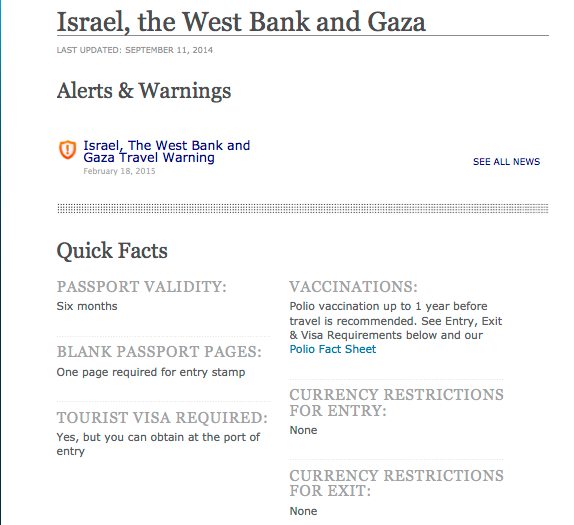
This site also provides other valuable safety information including:
- Local US Embassy or Consulate contact information – Keep this handy in case of an emergency
- Emergency services number – Save this for quick reference during trouble
- Important local laws – When traveling, you’re subject to the laws of your destination
2. Protect Yourself Against Theft
Thieves tend to prey on folks at popular tourist destinations. Europe specifically is known for its problem with pickpockets. Rick Steves has some great tips to avoid pickpocketers and other thieves. So keep your valuables close to you and don’t put your wallet or cash in your back pocket!
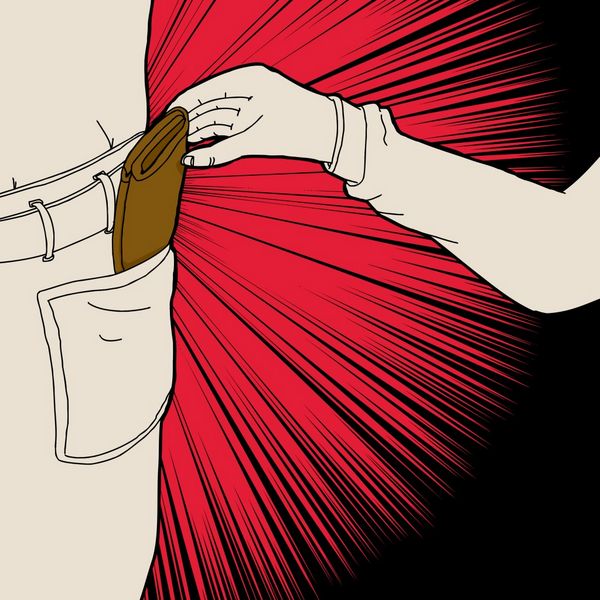
I like to keep a copy of our passports and a spare credit card in a separate place, in case Emily’s purse is stolen. Don’t keep all of your cash and credit cards in one place.
3. Avoid Using a Debit Card & Cash!
If your debit card gets stolen or skimmed, the thieves take the money directly out of your bank account. You may be out money for weeks while the bank gets to the bottom of the situation. And when cash is gone, there’s no getting it back!
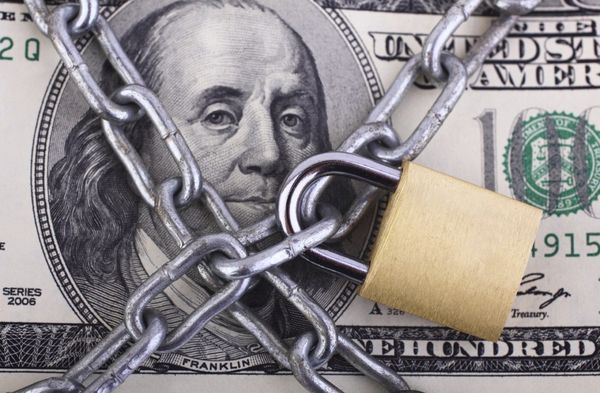
Staying Healthy
1. Vaccinations
The CDC website is an excellent resource for finding out about prevalent diseases at your destination and how you can protect yourself. This is especially important if you have plans to visit a developing country.
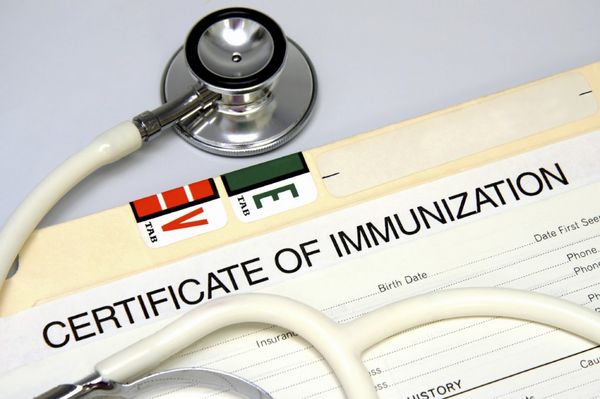
You can get most common immunizations from your local doctor. But if you have a plans to visit multiple countries you may want to visit a travel clinic or your local health department.
2. Drink Plenty of Water!
Traveling can be very dehydrating. And many folks are walking around outdoors a lot more than they usually do! So be sure to drink enough water. This is also a great way to combat jetlag.

3. Insurance
Call your health insurance company to find out if and how much you’re covered during your trip outside of the US. If you’re not fully covered, it’s a good idea to look into trip insurance policies. These offer a wide variety of coverage including:
- Emergency evacuation
- Doctor, dentist, and hospital visits
- Accidental death insurance
A medical emergency could wind up costing you hundreds of thousands of dollars. So it’s better to be prepared and know that you’re covered.
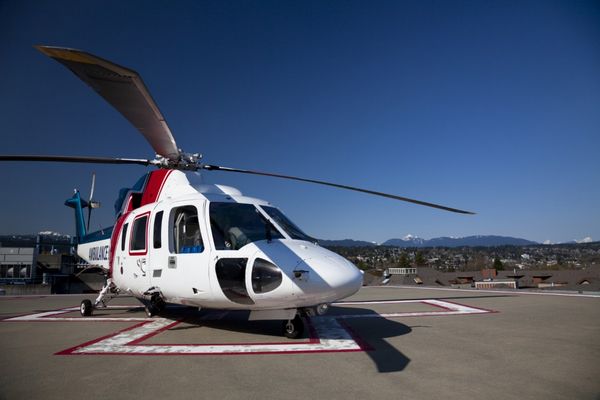
Emily has a serious allergy to fish. So we always carry emergency evacuation and treatment insurance when we travel!
Travel insurance is typically ~$50 to ~$200 depending on your age, destination, and the cost of your trip. It’s a small price to pay for peace of mind!Bottom Line
Most tourist destinations abroad are just as safe as any US city. But there are a few extra precautions you can take.
Check the US State Department site for travel warnings and tips, find out if you need any additional vaccinations, and keep a close eye on your belongings. And in case of an emergency, make sure you have insurance that will cover you overseas.
Editorial Note: We're the Million Mile Secrets team. And we're proud of our content, opinions and analysis, and of our reader's comments. These haven’t been reviewed, approved or endorsed by any of the airlines, hotels, or credit card issuers which we often write about. And that’s just how we like it! :)

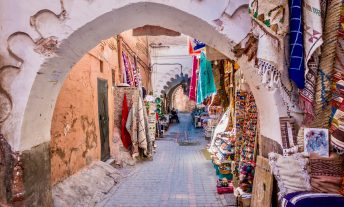




Join the Discussion!